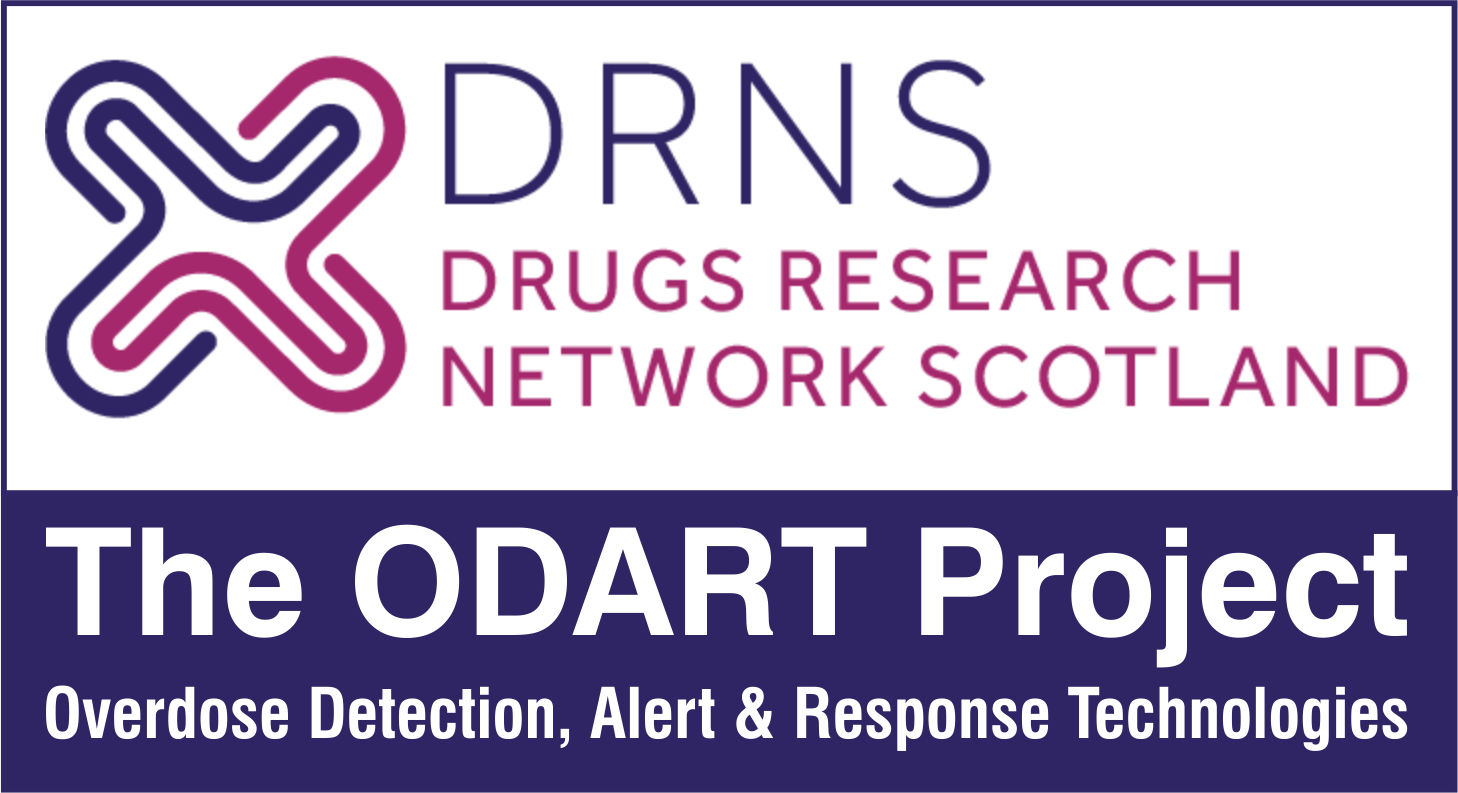In 2019 Aberdeen City Alcohol and Drug Partnership commissioned a scoping review of available and emerging technologies and their potential utility to help address drug-related deaths in Scotland. DRNS convened a meeting of stakeholders to review and discuss the results. This scoping work identified several technological solutions developed internationally, and in Scotland, that could help reduce drug-related deaths and are worthy of further exploration and testing in the Scottish context. The group agreed DRNS should establish and support a group to progress this work. In response DRNS established a collaborative Digital Inclusion for Drug-Related Death Prevention Group, with representation from clinicians, academics, independent researchers, the Digital Health & Care Institute, TEC Programme, Third Sector service providers, NHS Scotland, Police Scotland, and people with lived experience of problem drug use. Over 2019-20 partners agreed a series of priorities for the procurement / development, testing, evaluation and roll-out of technological drug-death prevention solutions. The Digital Health & Care Innovation Centre have a helpful blog post about this work.
In October 2020 DRNS secured funding from the Scottish Government’s Technology Enabled Care programme to deliver on these priorities through the Overdose detection and responder alert technologies: transforming preventative care for those most at risk of drug-related death (ODART) project. ODART is a partnership between the Universities of Stirling and St Andrews and is supported by the DRNS’ Digital Inclusion group. This project was launched in February 2021 and will deliver four main workstreams:
- A solution to detect onset of overdose and alert a responsible person to administer first aid and naloxone, and liaise with the Scottish Ambulance Service to request emergency care and provide information to support an optimal clinical response.
- An Overdose First Responder application that bystanders who witness a suspected overdose can use to alert nearby trained first responders to administer first aid and naloxone and request support from the Scottish Ambulance Service.
- Community provision of ‘Naloxboxes’ which are publicly accessible boxes containing naloxone, instructions for its effective administration and appropriate first aid. These are the drug overdose equivalent of community defibrillators and would be located in areas with high prevalence of opiate overdoses and/or public injecting.
- Further development of remote addiction consultations including: consensus among Scottish Addiction health and care providers on the most appropriate system(s), protocols for delivery of care, and engagement with wider health, care and recovery services.
